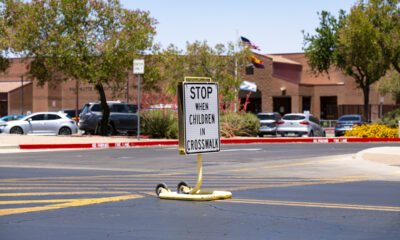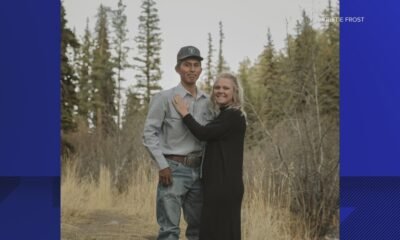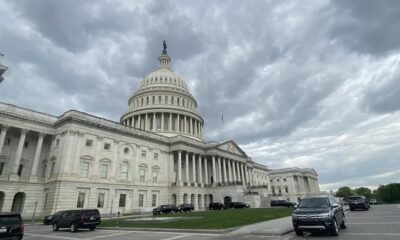crime
Americans: From Unity in Tragedy to Division in Crisis

In recent years, the nature of tragedy has evolved in America, transforming individual suffering into public outcries over systemic failures. While personal tragedies generally afflict a small circle of victims and their families, some events escalate to national notoriety, igniting political discourse and societal debate.
Natural disasters, violence in schools, and economic crises are among the calamities that grab headlines and trigger widespread reactions. However, social issues such as police brutality against marginalized communities and workplace sexual assaults have also risen to prominence, revealing deep-seated injustices and prompting public outrage. The COVID-19 pandemic, originally viewed through the lens of public health, soon morphed into a spectacle of blame and mismanagement, further polarizing the political landscape.
In exploring these phenomena, the book “After Tragedy Strikes” takes a closer look at the rise of public tragedies as political crises. Author and sociologist examines the dynamics that lead certain tragedies to capture public attention, while others fade into obscurity. This exploration reveals a fundamental change in how society perceives suffering and attributes blame.
The transition from attributing tragic outcomes to “God” or “fate” to identifying institutional failures reflects a significant cultural shift. Traditionally, tragedies were often viewed as acts of uncontrollable forces or personal failings. For instance, in the aftermath of the 1889 Johnstown Flood in Pennsylvania, jurisdictions absolved wealthy parties of accountability, pinning the disaster on divine intervention rather than neglectful engineering.
Today, discourse surrounding tragedies tends to seek accountability within societal structures, such as government, industry, and cultural norms. This framework not only amplifies calls for justice but also fuels political divisiveness. As feelings of vulnerability rise among the populace, many increasingly align their sympathies along ideological lines, turning victims into symbols of broader social failures.
The case of George Floyd serves as a prime example of this shift. Following his death at the hands of a Minneapolis police officer in 2020, widespread media coverage focused on systemic issues rather than personal culpability. Instead of framing Floyd’s situation through the lens of his past or questioning police actions in isolation, discussions linked it to a larger narrative of systemic violence against African Americans.
This transformation in narrative prioritizes a collective understanding of harm, positioning individuals as victims of unjust societal structures. As a result, public tragedies elicit a moral reckoning, often prompting emotional responses that transcend individual events and highlight systemic injustices.
The shift towards viewing risks—be they climate change, discrimination, or policing—as reflecting political choices contributes to heightened polarization in America. With many believing that the government and societal structures fail to protect their interests, public trust has dwindled, further complicating the national conversation.
This evolving landscape fosters an environment where personal and communal tragedies become politicized. As Americans increasingly identify with victimhood, the means by which public tragedies are understood and mobilized for political aims have radically shifted.


















